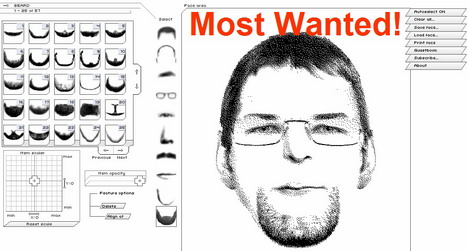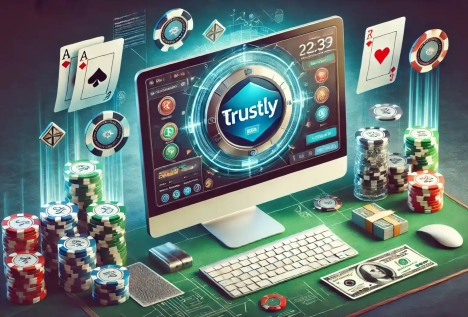Privacy: An important but complex right
Separating legal from moral rights is a key to understanding
What is this so-called right to privacy and where does it come from? After my previous columns on privacy, some readers wrote in to ask about privacy in general and to challenge or at least to question its status as some kind of a right. That’s a fair question.
We live in an era that is suffering from an inflation of rights. Almost everything we want or need we state in the form of a “right,” whether it’s warranted or not. As a result our “rights talk” has become increasingly sloppy and often results in more confusion than clarity.
One of the problems is that we’re not very clear on exactly what we mean by the term “right,” and while many people can state what they think their rights are, my experience is that the claims are not very well thought out. If you don’t believe this, lock a smoker and a non-smoker in a small room and listen to the ensuing discussion of the “right to smoke” versus the “right to breathe clean air.”
An initial challenge is to separate legal rights from moral rights. Many confuse the two, leading to some unacceptable conclusions. Legal rights are those that are specifically given to us by the political system in which we find ourselves. They do not always coincide with what we consider our moral rights to be.
For example, until the middle of the 19th century in the United States, some people had the legal right to hold other people as slaves. But no one is willing to argue that they had the moral right to do so, no matter what the law at the time said. In a slightly different vein, women in the United States did not have the legal right to vote, although, even at the time, many felt that they had the moral right to participate in our democratic system.
The right to privacy is even more problematic from a legal standpoint. One reader asked where our right to privacy was written down, and the short and easy answer is that it isn’t, at least not specifically. Most court rulings involving privacy have come from reading between the lines, which is why so many pronouncements involving privacy are controversial.
From an ethical point of view, our concern isn’t with the legal right, but with the moral right (which arises because of something about us as persons.) It’s interesting to note here that the three famous rights set out in the Declaration of Independence were stated as moral rights. We were endowed with these rights by “our Creator,” says the declaration. What’s more interesting is that the document indicates that life, liberty, and the pursuit of happiness aren’t the only “unalienable rights” that we have. Instead, it suggests that there are many and that the three mentioned are just examples. This leaves open the idea that privacy might be among the other rights not enumerated.
So, why would we think there’s a right to privacy and what does it encompass? My view is that the right comes from our notion of the sovereignty of our own person — that we are in control of ourselves. Because we are autonomous people and are responsible for who we are and what we become, it’s necessary for us to maintain control.
This includes the right — perhaps responsibility — to make the important decisions in our own lives and to prevent other people from gaining unwarranted control over us. In doing this it’s important for us to restrict access to our person, whether that is physical access or access to information about us.
This requires us to keep appropriate boundaries between us and other people. Some people, acquaintances perhaps, we will allow some measure of access. Closer friends and some family members we will allow to have more. Those with whom we share a degree of intimacy will have even greater access. There are few people, if any — even spouses — to whom we are a completely open book. An important aspect of psychological health is to maintain these boundaries appropriately. To tell intimate details of our lives to all comers — even strangers — is just as much a sign of a disorder as is allowing no intimacy at all.
When we allow people to have unwarranted access to us, it diminishes the control we have over our own lives. Knowledge, as they say, is power, and nowhere is that more accurate that in the realm of personal information. The more someone knows about us, the more they can control us. In some primitive cultures, it was seen as giving others too much power to let them know even your real name. While we don’t usually go to that extreme, it is considered prudent to keep the intimate details of our lives tightly controlled.
We allow some people to get close to us and others we hold at arm’s length, but there are some entities that — at least in my opinion — deserve to be kept as far from us as possible. This group includes those that have great power, are potentially coercive, and operate on an impersonal and bureaucratic level: government and corporations.
If we too easily let down the barriers separating us from either government or corporations, we are risking a loss of control that we may come to regret when it’s too late to do anything about it. As we have seen from historical examples, the legal recognition of moral rights often lags far behind the need for such protection. This is why it’s so important for us to be as vigilant as possible in preserving our rights against those who would erode them.
You have the right to give me your opinion. You can write to me at [email protected] or join our Ethics Matters forum at www.infoworld.com/forums/ethics .




